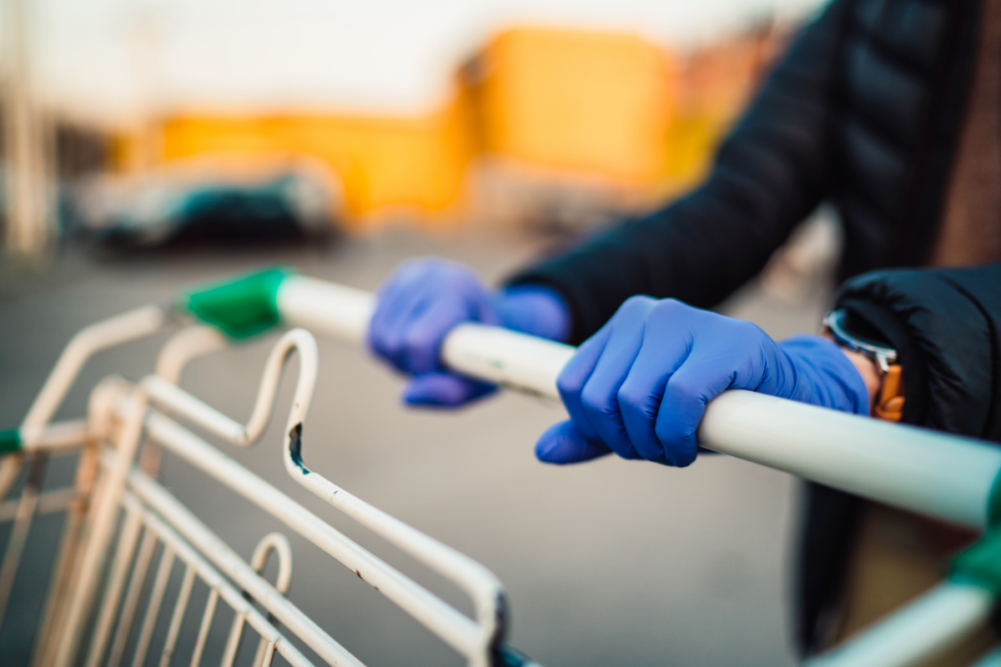REDWOOD CITY, CALIF. - A new series of customer surveys conducted by shopping rewards app Shopkick suggest that consumer habits continue to shift as the pandemic unfolds.
The latest survey of more than 12,000 consumers from July 14-20 showed that consumers are:
-
Still Stocking Up: More people (59 %) are stocking up now as compared to June (53%), purchasing items such as food and water (87%), toiletries (81%) and cleaning supplies (68%).
-
Sparing Spenders: As the economic impact of COVID-19 continues to affect consumers’ budgets, the majority (54%) are now spending less than at the start of the pandemic, compared to only 26% who reported decreased spending in June.
-
Reopened Retailers: 89% of consumers say non-essential retailers have reopened in their local area (compared to 70% in June), while more than half (52%) have already visited these retailers (compared to 37% in June).
-
Worth the Wait: For those who have not visited reopened retailers yet (48%), 65% plan to wait more than one month to visit, a 20% increase over June.
In states most impacted by COVID-19 such as Arizona, California, Florida, Georgia and Texas, consumers are:
-
Staying In-Store: An average of 92% of consumers say they or a member of their household is still visiting physical retailers to fulfill essential shopping needs. On average, 74% of customers from these states are taking one to two shopping trips per week, which is either about the same or less often than one month ago.
-
Stocking Up By State: As these states experience greater numbers of COVID-19 cases, rates for stocking up on essentials are generally higher than the national average. While Californians match the national numbers (59%) more Floridians, Georgians and Texans report stocking up (64%, 62% and 60%, respectively), while Arizonians reported slightly lower rates (55%).
-
Big Box vs. Grocery Stores: Most Georgians and Floridians are visiting grocery stores to purchase essentials (91% and 87%, respectively). Meanwhile, Arizonians, Californians and Texans (85%, 84% and 86%, respectively) are more likely to head to big box stores like Target and Walmart.
“It is a stressful time for consumers and retailers everywhere as concerns grow alongside case numbers,” said David Fisch, general manager of Shopkick. “While we do not know when we will get to the other side of the pandemic, we do know that more people are stocking up, shopping in-store and spending less compared to months prior. We hope that by continuing to release consumer data, retailers and brands can create more informed strategies and tactics to best meet their customers’ needs during these trying times.”

